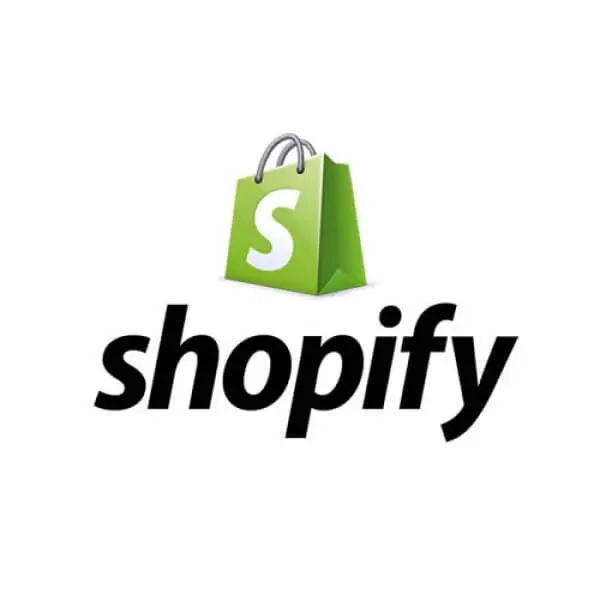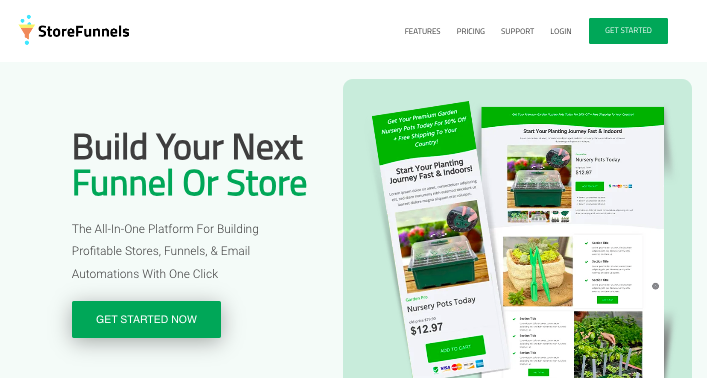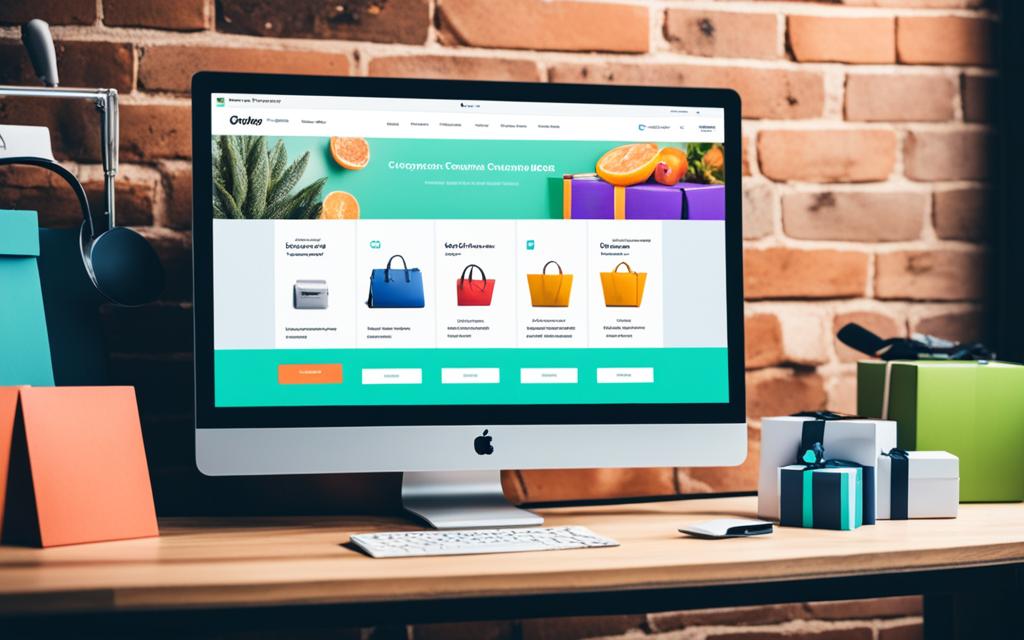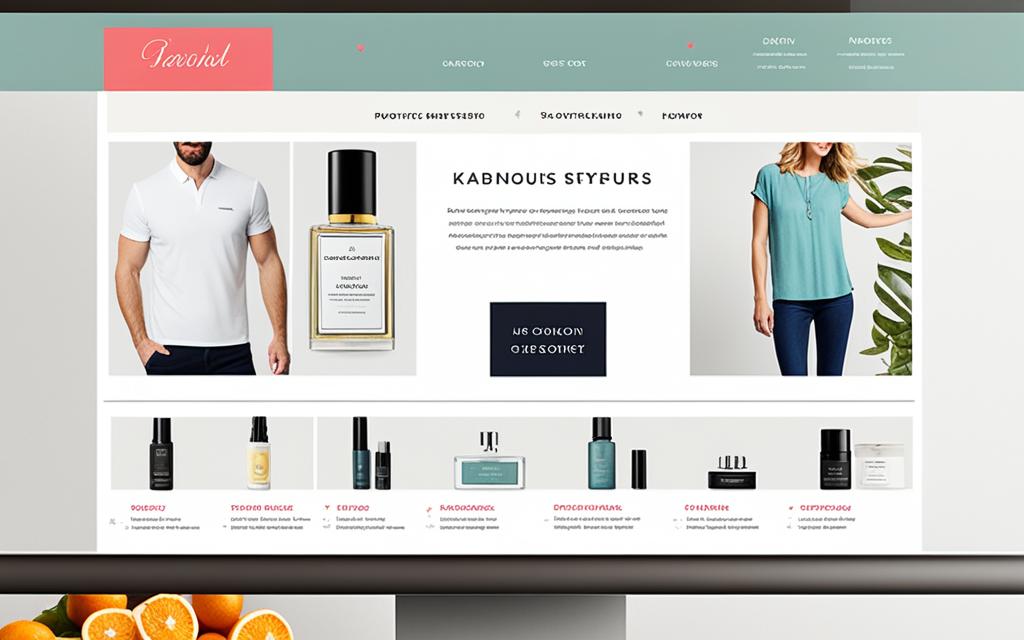Are you struggling to choose between the two powerhouses of ecommerce, Shopify and StoreFunnels?
With each platform offering unique approaches to building your online business, it’s no wonder many ecommerce owners find themselves torn.
So, which platform is the key to unlocking your ecommerce success?
Let’s delve into the main distinctions between Shopify and StoreFunnels to help you make the right choice.
What is Shopify?
Shopify is a comprehensive ecommerce platform that allows businesses to set up and manage an online store with ease.
It is a cloud-based software that provides users with an all-in-one solution for building and running an online store.
The platform offers multiple pricing plans to accommodate businesses of all sizes, from startups to enterprises.
Shopify is designed to be user-friendly, with a straightforward admin panel where users can enter store information, add products, and process orders.
Shopify also provides a wide selection of free and paid design templates that can be customized to create a unique online store.
In addition to the online store functionality, Shopify offers a point-of-sale (POS) system that allows businesses to sell in-person as well as online, making it a good option for multichannel merchants.
Shopify also supports the ability to sell digital products like ebooks, videos, and printables.
Shopify is known for its strong customer support, offering services like phone, email, and live chat support, as well as extensive documentation and a community forum.
Overall, Shopify is a flexible and feature-rich ecommerce platform that makes it easy for businesses of all sizes to establish and grow an online presence.
Also Read: Shopify vs OpenCart
Try Shopify free followed by first month at just $1. No credit card required. Limited Time Offer.
What is StoreFunnels?
StoreFunnels is an all-in-one ecommerce platform that allows users to build profitable automated stores, funnels, and email marketing campaigns with just one click, without any coding required.
It offers a drag-and-drop store and funnel builder with copy-and-paste templates proven to convert visitors into leads and customers.
The key features of StoreFunnels include:
- A/B testing and custom checkouts to optimize conversion rates
- One-click upsells, downsells, order bumps, and subscriptions to increase average order value
- Seamless email autoresponder for effective customer engagement
- Integrations with leading automation tools and payment processors
- Unlimited pages, storage, bandwidth, funnels, and store products
In short, StoreFunnels is positioned as an all-in-one ecommerce platform optimized for driving sales through strategic funnels, upsells, and subscriptions, making it a compelling alternative to Shopify for businesses looking to maximize revenue and customer lifetime value.
Check Out: ClickFunnels vs Stan Store vs Systeme
How is Shopify Different from StoreFunnels?
The key differences between Shopify and StoreFunnels lie in their approaches to ecommerce and sales strategies.
Shopify is a traditional ecommerce platform that allows users to build an online store with various products, focusing on product management and delivery features.
It is suitable for businesses that want to showcase a wide range of products and manage inventory and customers effectively.
On the other hand, StoreFunnels takes a more strategic approach by emphasizing the use of sales funnels to accelerate the purchasing process.
It is designed to create assets for your business, such as email addresses and customer data, by directing customers to targeted landing pages that highlight a single offer.
StoreFunnels streamlines the shopping experience by combining the order form with the payment page, increasing the possibility of a sale.
It also allows for the addition of upsells, downsells, and subscriptions, which can increase average cart value and customer lifetime value.
In other words, Shopify is geared towards building a traditional online store with a focus on product management, while StoreFunnels is designed to optimize sales through targeted sales funnels and strategic customer engagement.
Also Read: ClickFunnels vs Shopify
Try Shopify free followed by first month at just $1. No credit card required. Limited Time Offer.
What are the key Benefits of Using Shopify and StoreFunnels?
Shopify
- Shopify is easy to use and ideal for quickly getting an online store up and running, even without coding or design experience.
- It offers a wide variety of features out-of-the-box for managing products, inventory, shipping, discounts, etc.
- Shopify provides access to many payment processors, making it simple for customers to pay.
- There is a large selection of free and paid themes to choose from to design the store.
- Shopify has strong customer support available 24/7 via phone, email, chat, and an extensive knowledge base.
StoreFunnels
- StoreFunnels emphasizes creating strategic sales funnels to accelerate the buying process.
- It aims to capture valuable customer data like email addresses through targeted landing pages.
- StoreFunnels streamlines the checkout process by combining the order and payment pages.
- Upsells, downsells, and subscriptions can be added to increase average order value.
- StoreFunnels provides features to drive more sales, like post-purchase thank you pages with exclusive offers.
Check Out: Shopify vs Gambio
What are the Most Common Issues Faced by Shopify Store Owners?
These are the most common issues faced by Shopify store owners:
Product Import & Management
- Importing products in bulk can be challenging, as CSV files may crash if they contain errors.
- Adding categories, attributes, and images requires repeating the process for each product.
- Managing inventory across multiple marketplaces and ensuring real-time accuracy is difficult.
Analytics & Reporting
- Shopify’s native analytics lack actionable insights for store growth, especially on lower pricing plans.
- Third-party analytics apps often just report data from Shopify or Google Analytics without providing clear ways to act on it.
- Analytics tools can be slow to report data, taking hours or even days to process and display reports.
Explore: Shopify vs Salla
Customization & Design
- Shopify’s checkout process is static and has limited customization options, even on higher plans.
- Modifying the checkout requires using third-party apps that may add upsells or other features.
- The Shopify theme editor provides flexibility, but app development testing can be tricky.
Traffic & Sales
- Generating traffic to each sales channel is a common challenge for new Shopify users.
- Attracting the right customers who convert to sales is difficult, as high traffic does not always equal high sales.
- Competing with established marketplaces and optimizing the store for better engagement is crucial.
Multi-Channel Integration
- Managing orders, inventory, and customer data across multiple Shopify stores and sales channels is complex.
- Maintaining a 360-degree view of customers and orders across channels is difficult without proper integration.
ERP Integration
- High-volume data and complex back-office processes often require integrating Shopify with an ERP system.
- Signs you need ERP integration include managing many suppliers, low employee productivity, late or wrong shipments, and multiple B2B customer relationships.
Check Out: Shopify vs Storyblok
Try Shopify free followed by first month at just $1. No credit card required. Limited Time Offer.
What are the Most Common Complaints about StoreFunnels?
Users have highlighted these issues with StoreFunnels very often.
- Inaccessibility to Purchased Funnels: Customers have reported issues with accessing pre-built funnels after purchasing them, leading to frustration and inconvenience.
- Delayed Customer Support: Complaints about slow response times and ineffective customer support have been raised, with customers experiencing delays in resolving issues and receiving assistance.
- Unfulfilled Promises: Some customers have expressed dissatisfaction with promotional offers that did not deliver as promised, leading to a sense of deception and disappointment.
- Technical Glitches: Reports of technical glitches within the platform, such as login issues, account expiration errors, and inadequate access privileges, have been mentioned, impacting the user experience negatively.
- Lack of Transparency: Concerns have been raised about the lack of transparency in communication and the failure to address customer concerns promptly and effectively, leading to a breakdown in trust and confidence.
Explore: SamCart vs ClickFunnels
Conclusion
If your priority is to create a comprehensive online store with a wide range of products, pick Shopify.
With its extensive themes, inventory management system, and payment integration, Shopify provides all the tools you need to build a robust online store.
However, if your focus is on optimizing your sales process and maximizing revenue through strategic sales funnels, Storefunnels offers distinct advantages.
With its emphasis on driving potential customers to focused landing pages and streamlining the purchasing process, Storefunnels enables you to create valuable assets for your business and increase customer lifetime value.
Before making your final decision, consider the features and advantages outlined in this article. Assess your business goals and determine which platform aligns best with your needs.













